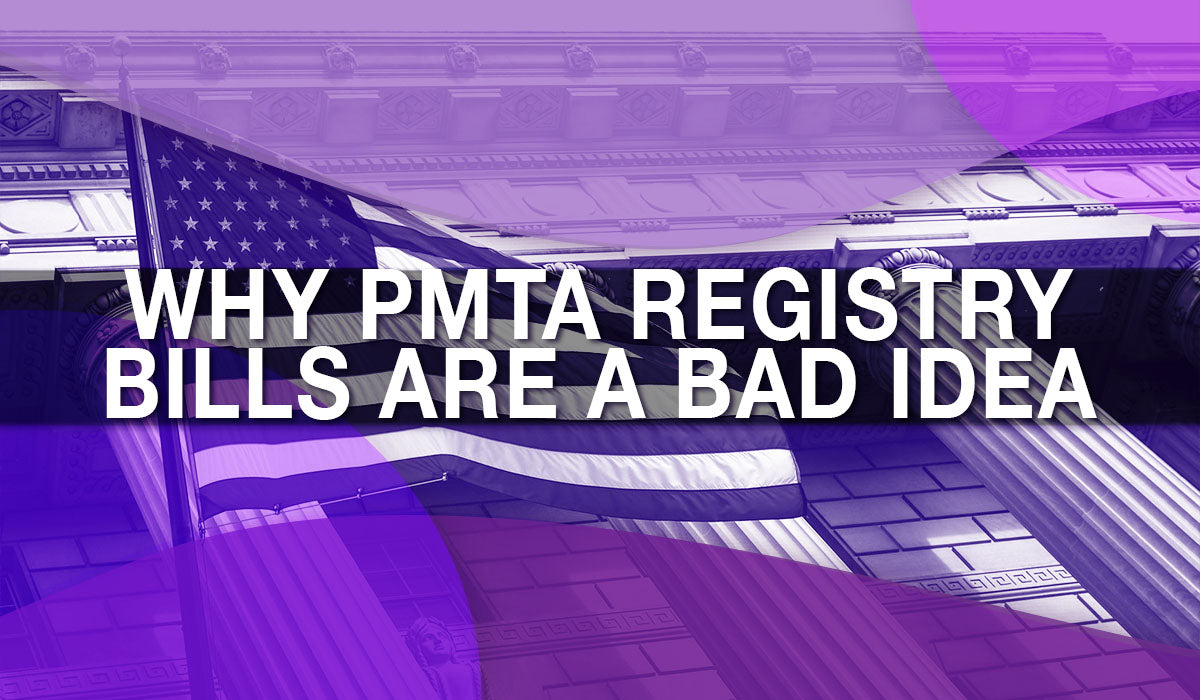
Why PMTA Registry Bills are a Bad Idea
Legislative mandates for Pre-Market Tobacco Application (PMTA) registries for vaping products pose a substantial threat to small businesses, consumer choice, and law enforcement.
The tobacco industry lobbyists crafted their PMTA Registry scheme meticulously to exclude products introduced after 2016, leveraging the FDA's uncertain PMTA process as a basis. Notably, the FDA has yet to greenlight the most widely used vape pod products from Big Tobacco companies.
Already enacted in Oklahoma and Louisiana, PMTA Registry laws are condemned by CASAA as the "Protect Big Tobacco Act" due to their generic and biased nature.
Let there be no doubt: these laws effectively constitute a ban on vaping.
PMTA registry laws create a significant advantage for tobacco companies, as relatively few popular vape shop products meet all the requirements. These laws also simplify law enforcement's ability to target vape shops, which typically don't carry tobacco industry vape products.
Beyond product eligibility, many small vape manufacturers and sellers lack the financial resources and manpower to register hundreds or thousands of products across multiple states. Conversely, tobacco companies—with their limited product selections, extensive staff, and substantial financial reserves—find maintaining PMTA registry listings a minor operational detail.
Upon enactment, PMTA registry bills lead to the closure of vape shops, devastate the industry, restrict adult access to vape products, and consolidate market control into the hands of the tobacco industry without opposition.
What Impact Will This Have on Small Business?
Businesses Will Close: PMTA registries require extensive documentation and fees, disproportionately impacting small to medium-sized vape businesses. Over 80% of the products vape shops carry could become illegal to sell.
States like Louisiana that have just passed this bill have seen massive business closures and revenue loss to their state. A temporary injunction was put in place until a resolution could be found.
Registry Bills Cause a Rise in Illicit Markets and Cigarette Sales
Increase in Black Market: PMTA registries will boost unregulated markets, including social media sales, posing public health risks and undermining legitimate businesses.
Cigarette Sales Uptick: Studies show that bans on smoke-free products push adults back to traditional cigarettes.
Trends in Youth Vaping
Government data indicates a 60% decrease in youth vaping since 2019, with adult vaping up by nearly 30%. The vast majority of the 15 million adult vapers in the U.S. use disposables.

For historical perspective, the CDC reported in 2009 that 39.4 percent of high school students experimented with cigarettes and 17.2 percent were habitual users. These alarming numbers marked a major improvement on numbers from the late 20th century and early aughts.
It will be extremely harmful to the Black, Brown, and LGBTQ+ Demographic
False Claims of What PMTA Registry Bills Can Do VS What They Actually Do
Claims
- Eliminate Clones
- Stop Youth Use
- Bring Money into The State to Help Regulate These Products
Problem Breakdown
Clones: Counterfeit products often have inconsistencies in packaging, such as misspelled words, blurry graphics, or missing labels.
QR Code: Authentic Lost Mary Disposable vapes have a scannable QR code on the packaging that can be used to verify the product's authenticity through the manufacturer's website.
Lost Mary could potentially be registered as a product for sale in your state. However, the counterfeit products generated by these bills often resemble legally sold vapes on the black market.

The common response is well we will only allow the brands to sell by tobacco companies. This only encourages the black market to change what product they are cloning. These bills CAN NOT stop clones as they are!
- Stop Youth Use: The only way to stop youth use is through education. Encouraging black markets actually does the opposite and encourages establishments that do not follow regulations such as carding to carry the cheaper, easily obtained clones.
- Money: Since these bills establish a fee to register in the state they claim it will make the state money. However, clones will not register and will far outweigh the legal products.
As you know it is much easier to not pass a law than it is to remove it after it has passed.
Resolution: To stop clone sales, an information campaign should be waged to help the consumer make smart choices. No one wants to purchase products that could potentially put their health at risk. Legal products have measures in place to protect consumers from illicit products, well as proper insurance to help should an adverse event occur.
Legal products also utilize authentication methods to mark their products. Require retailers to display signs detailing product authentication methods to help consumers verify the authenticity of their purchases. If a product is counterfeit, scanning the code will fail to validate it on the manufacturer's website.
Make it protocol for retailers to have consumers scan these QR codes at the time of purchase to get them in the habit of verifying these products are legitimate
In conclusion PMTA registries, while seemingly equitable, are reliant on a regulatory strategy deemed illegal by a U.S. appeals court. Registries will lead to the closure of small vape businesses, burgeoning illicit markets, and increased cigarette sales.
To get involved click here to see all current CASAA calls to action.



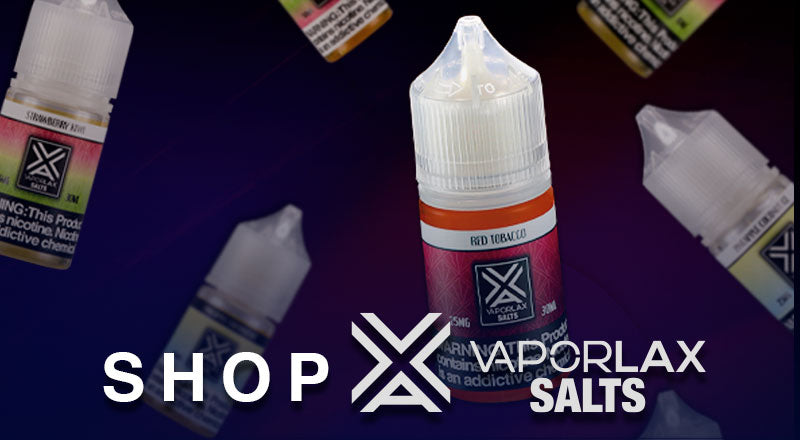
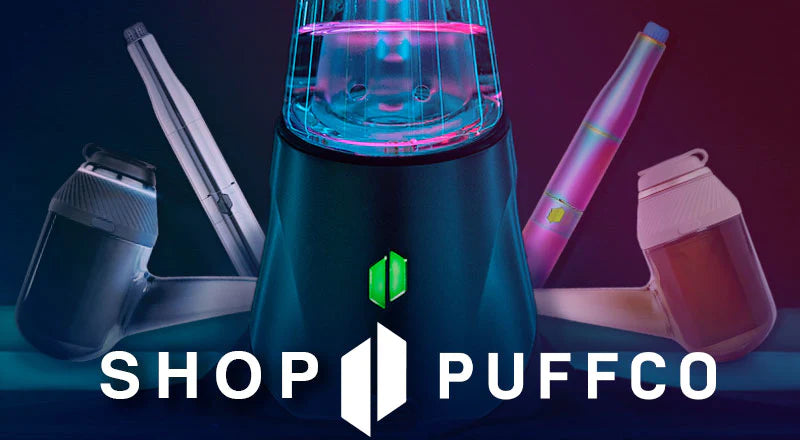

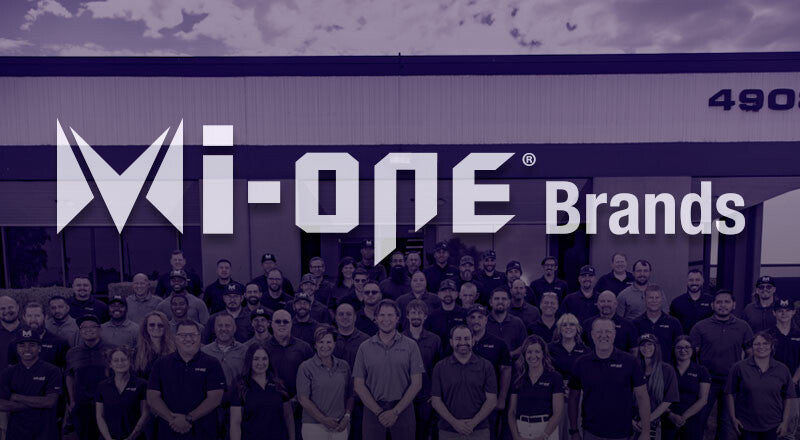
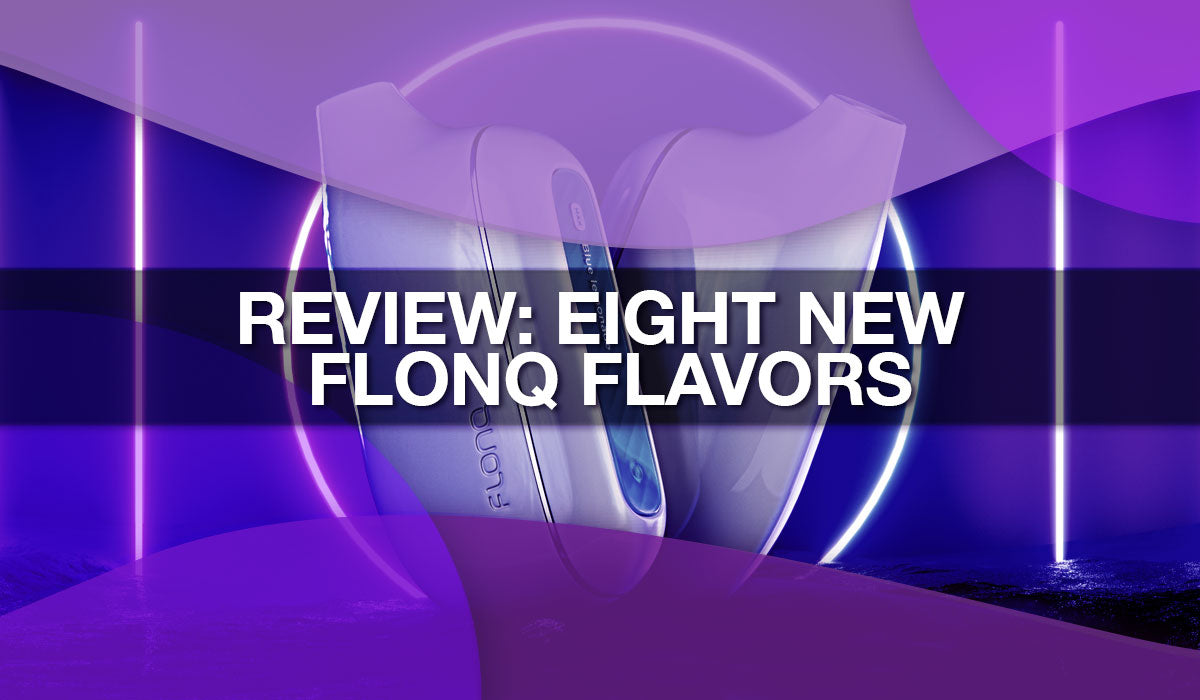

Leave a comment
This site is protected by hCaptcha and the hCaptcha Privacy Policy and Terms of Service apply.